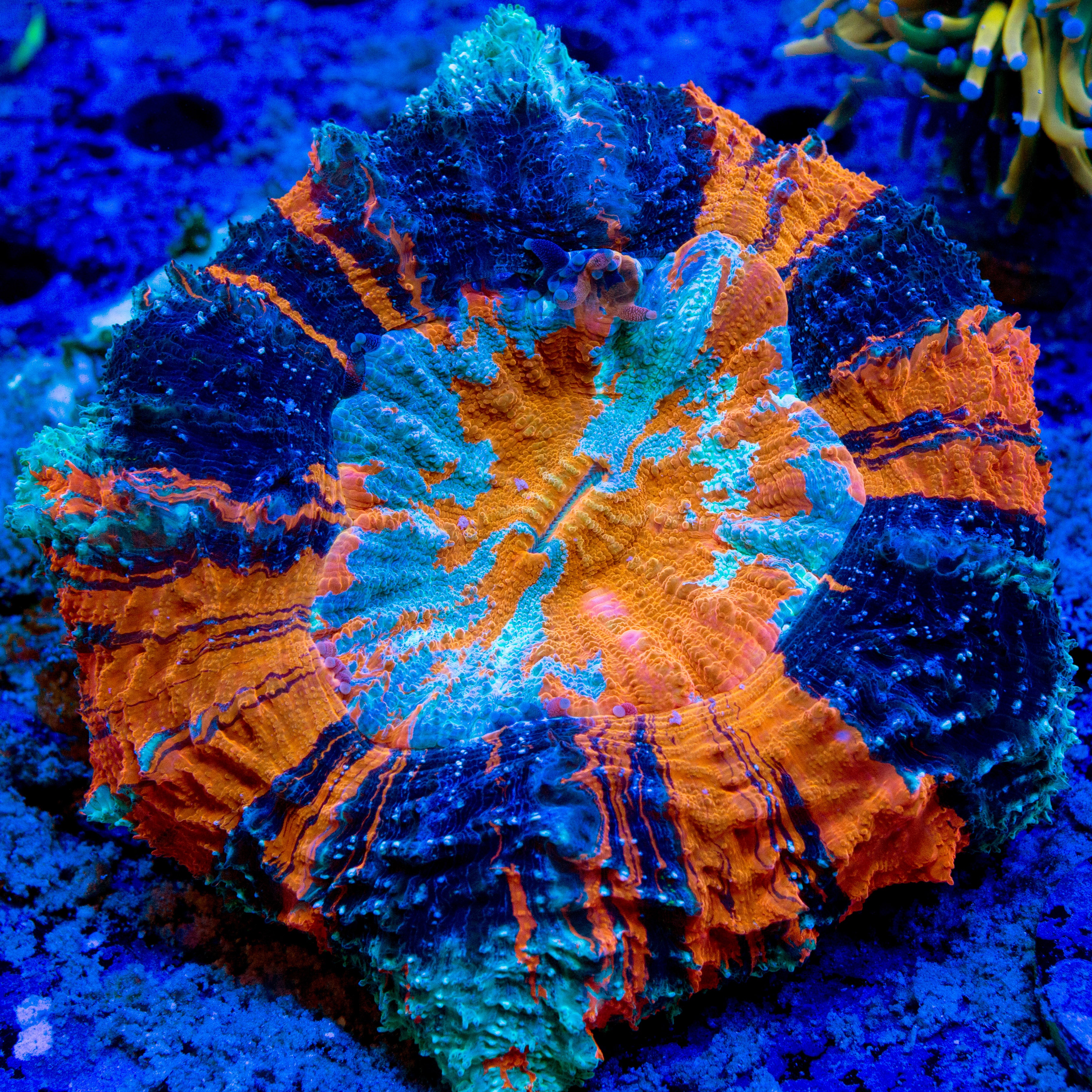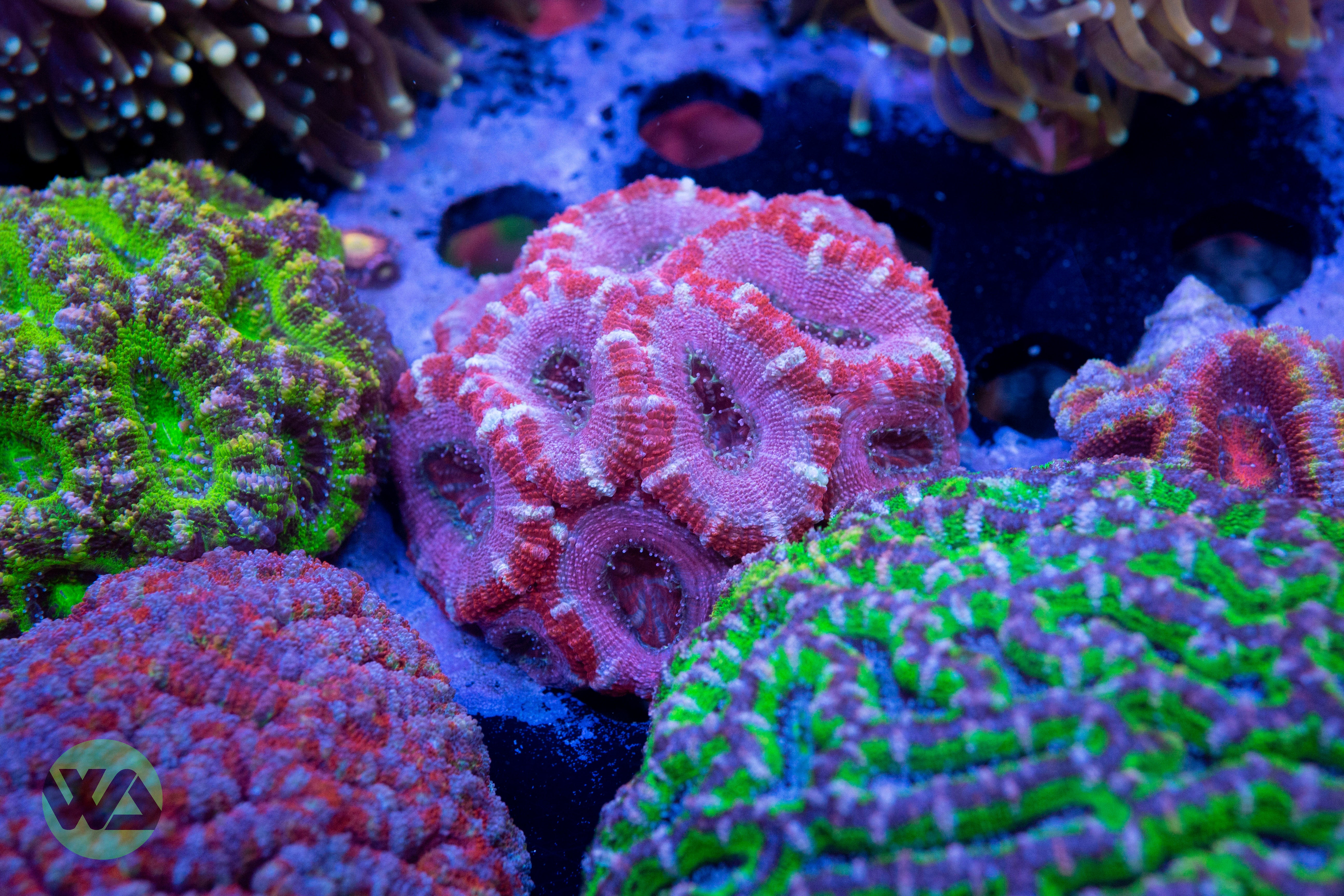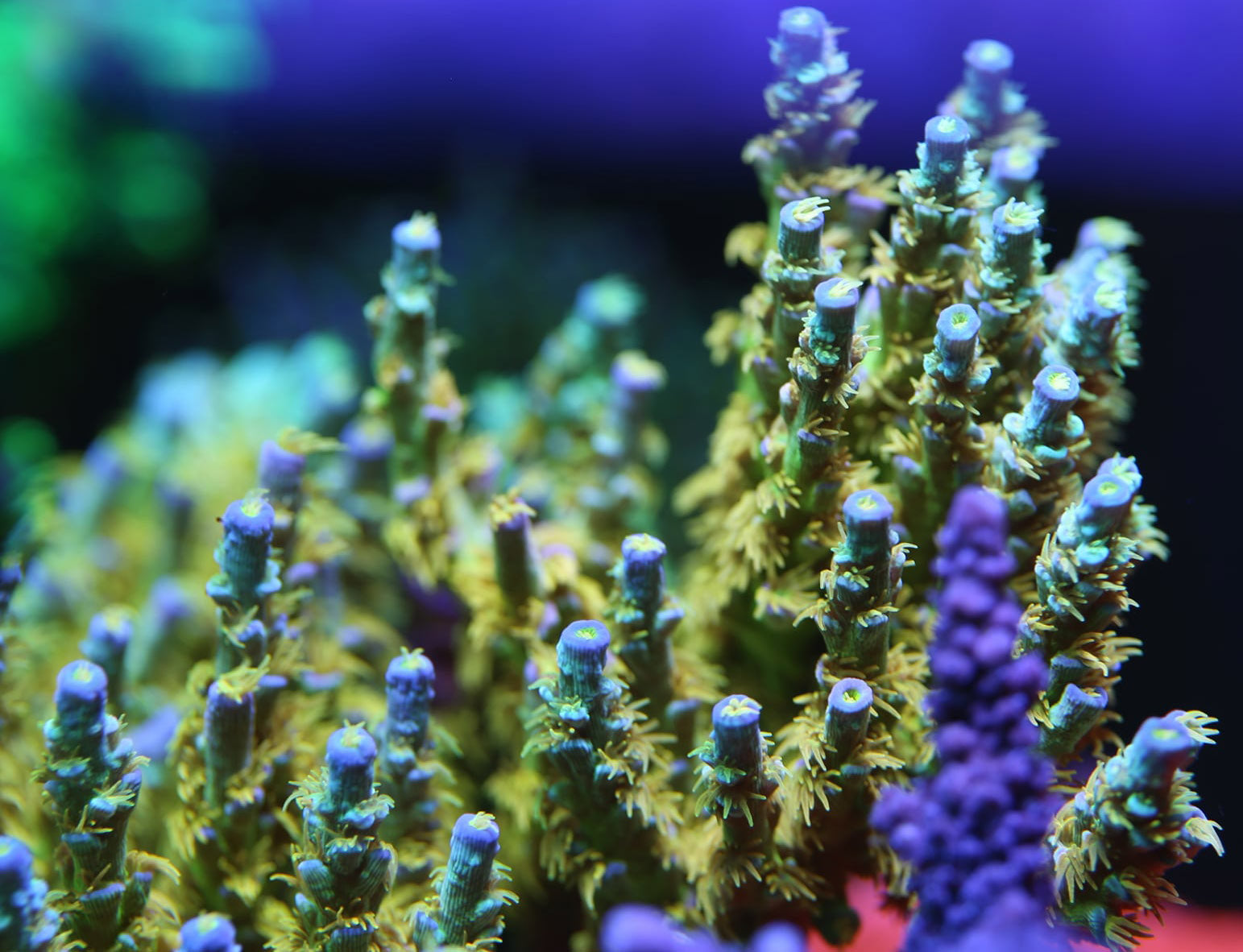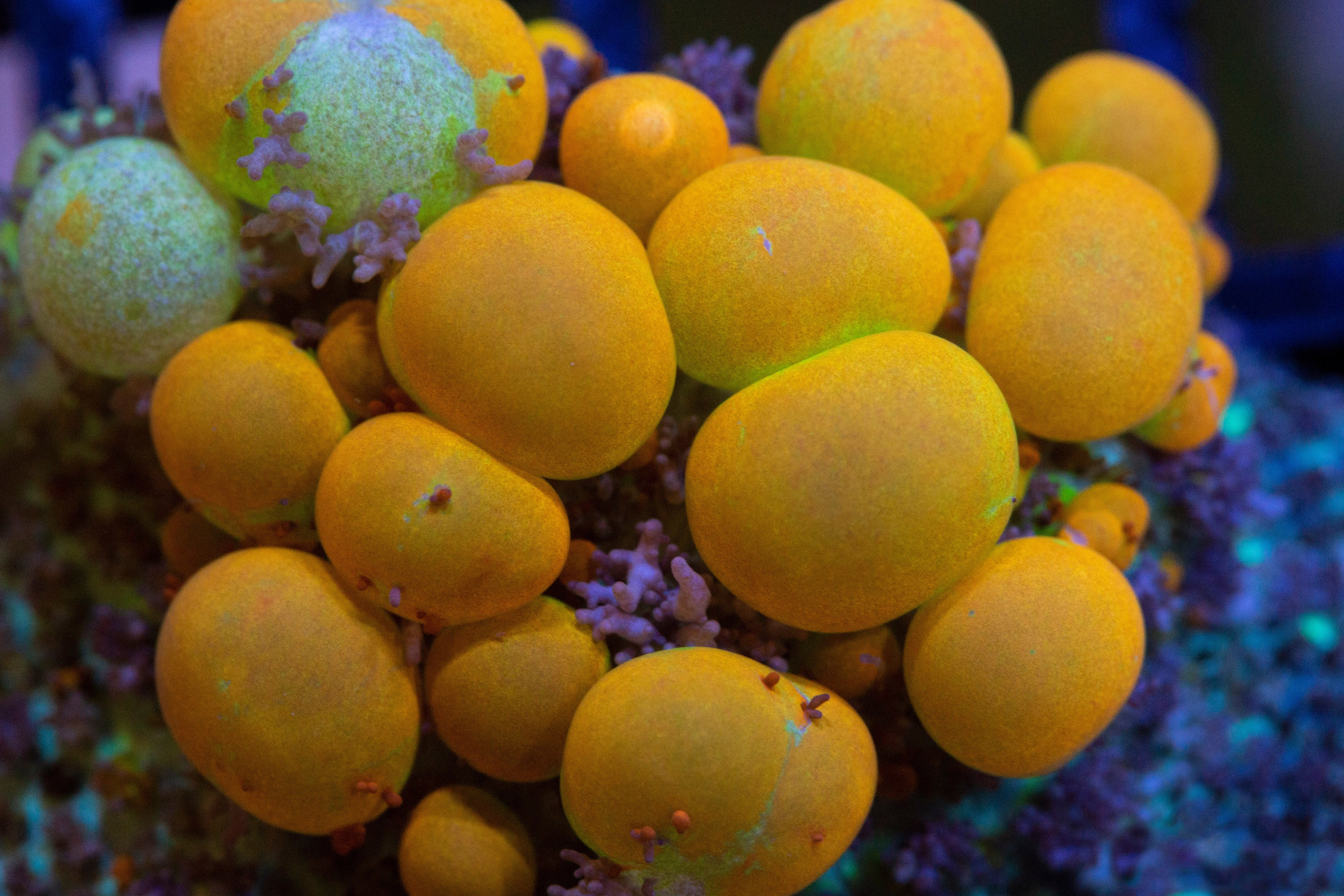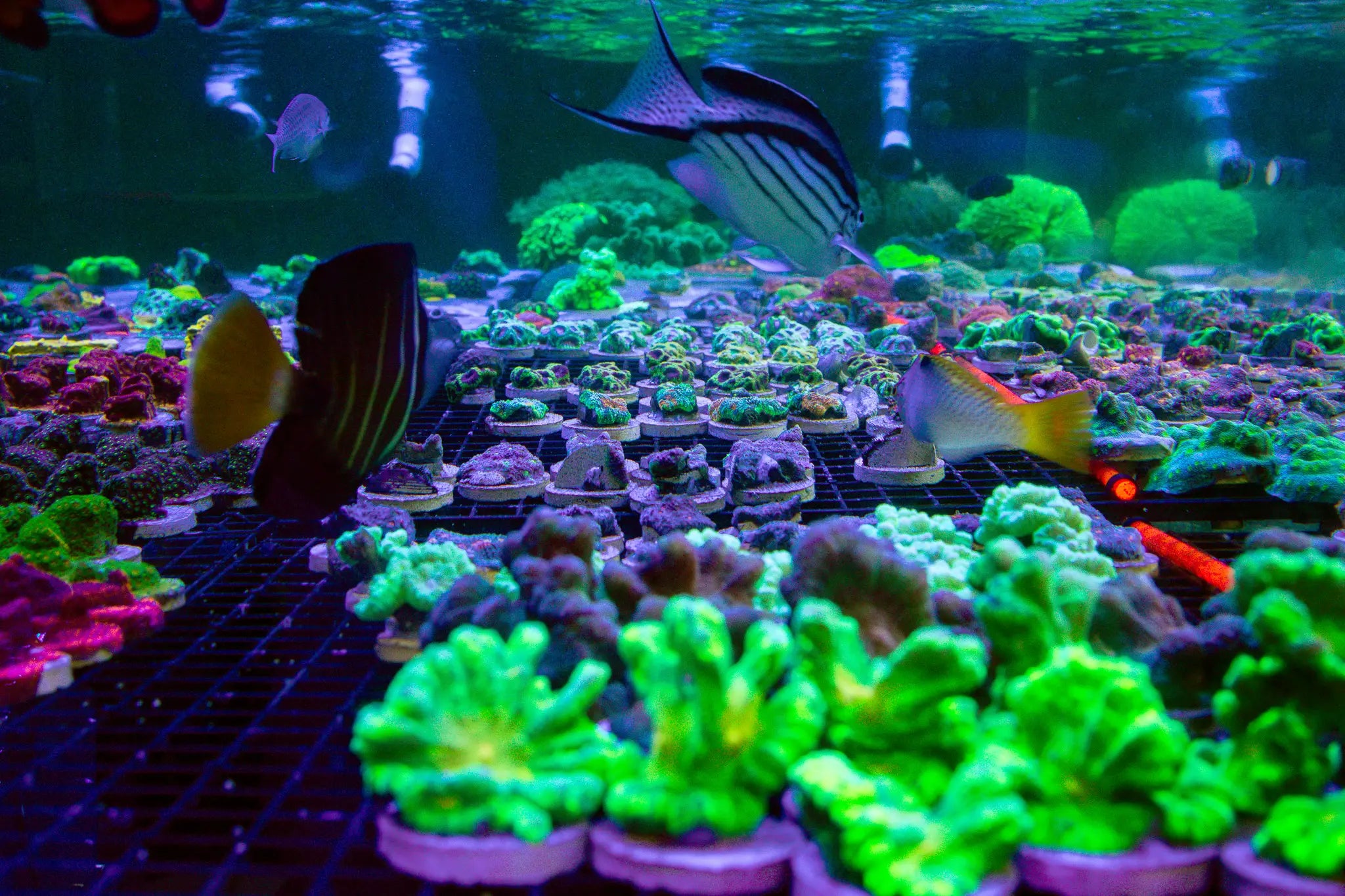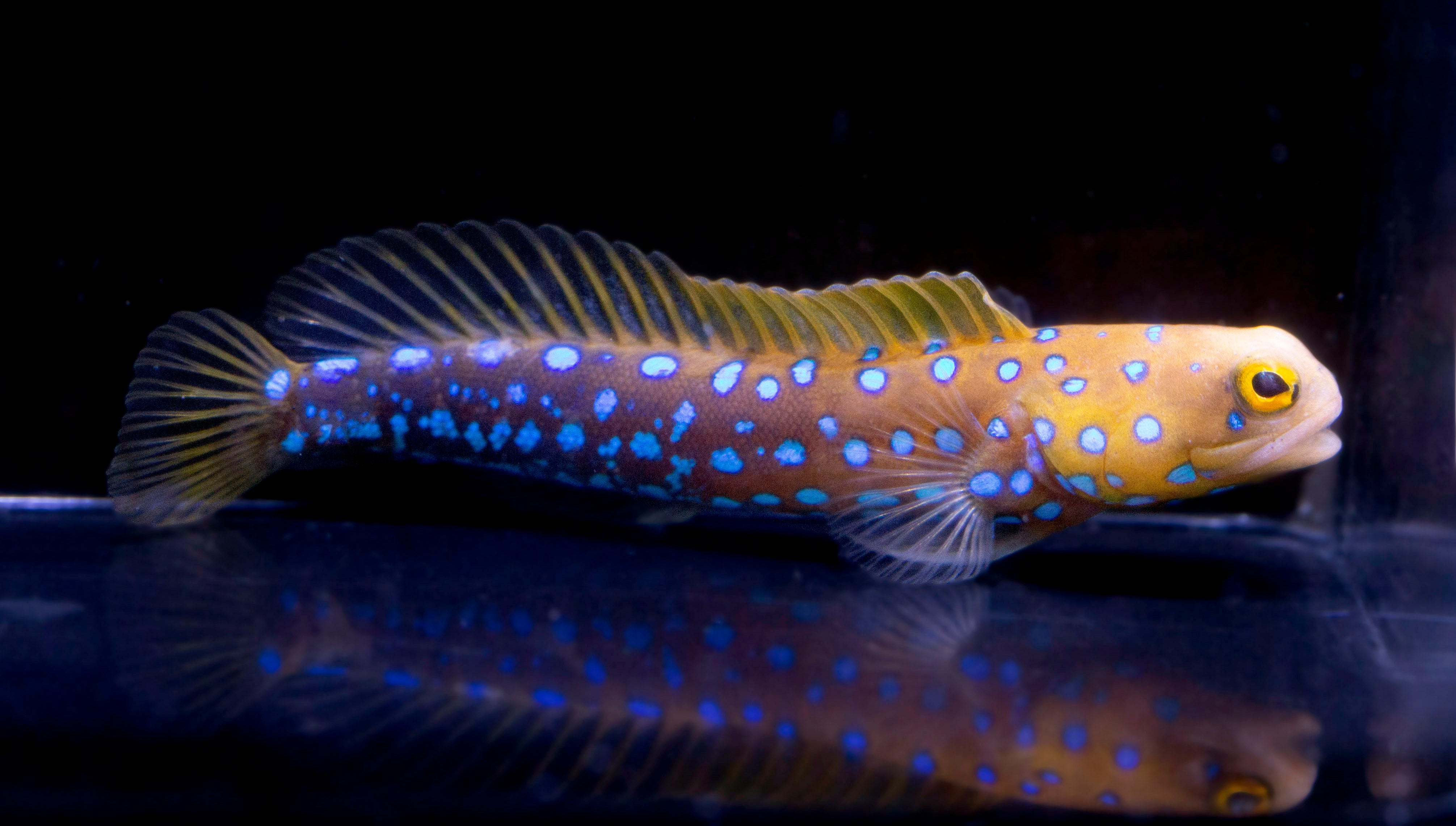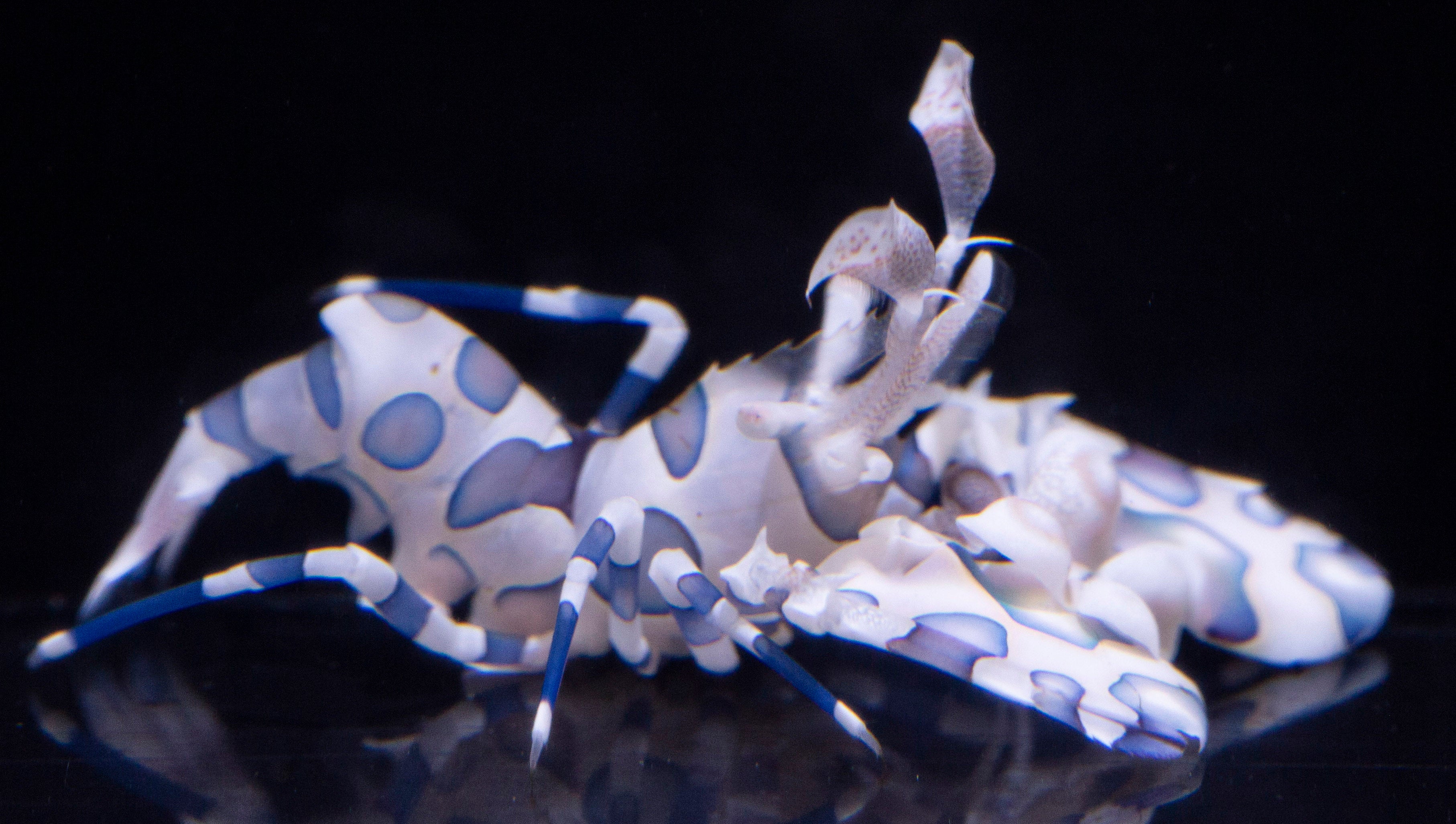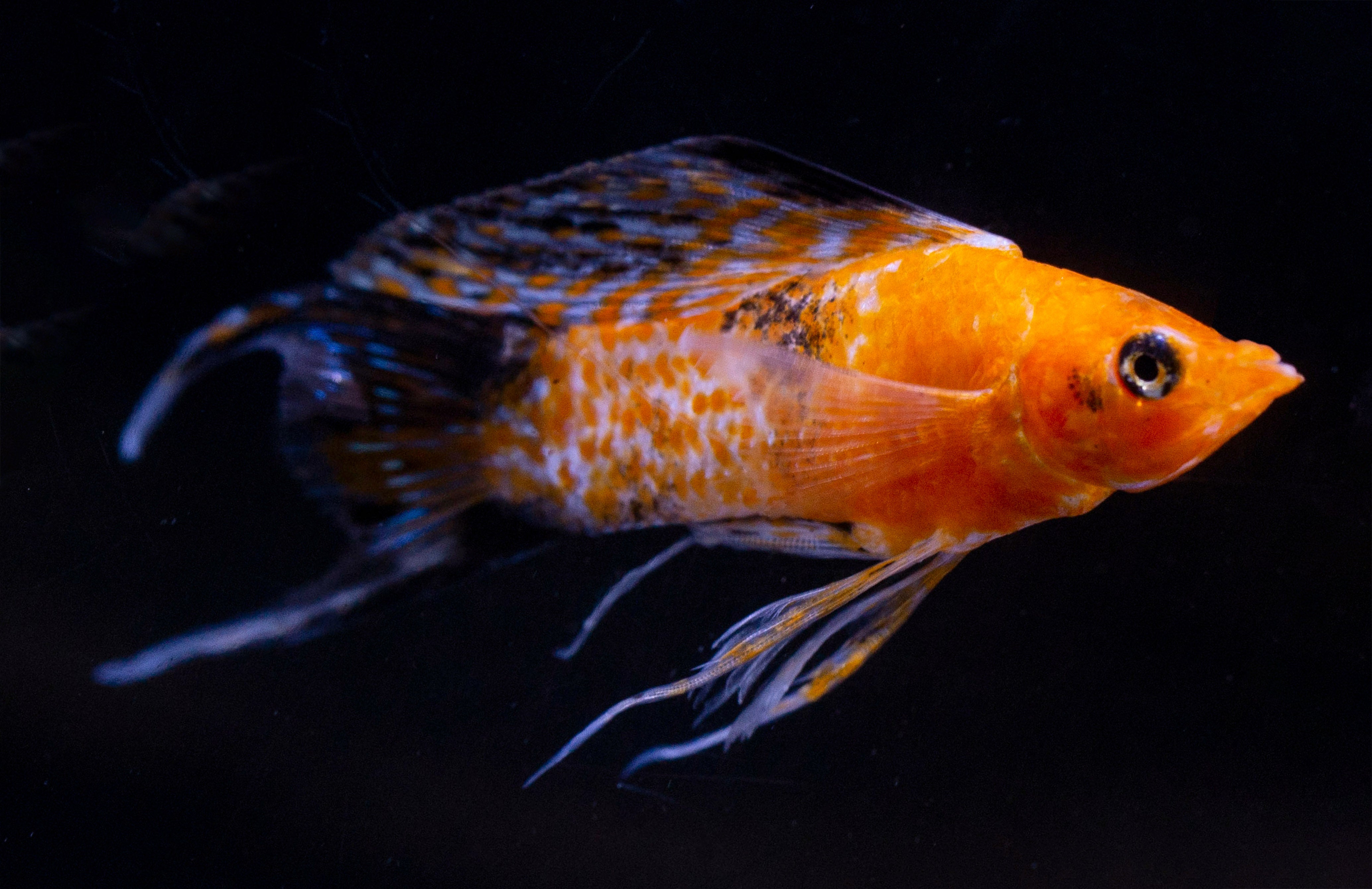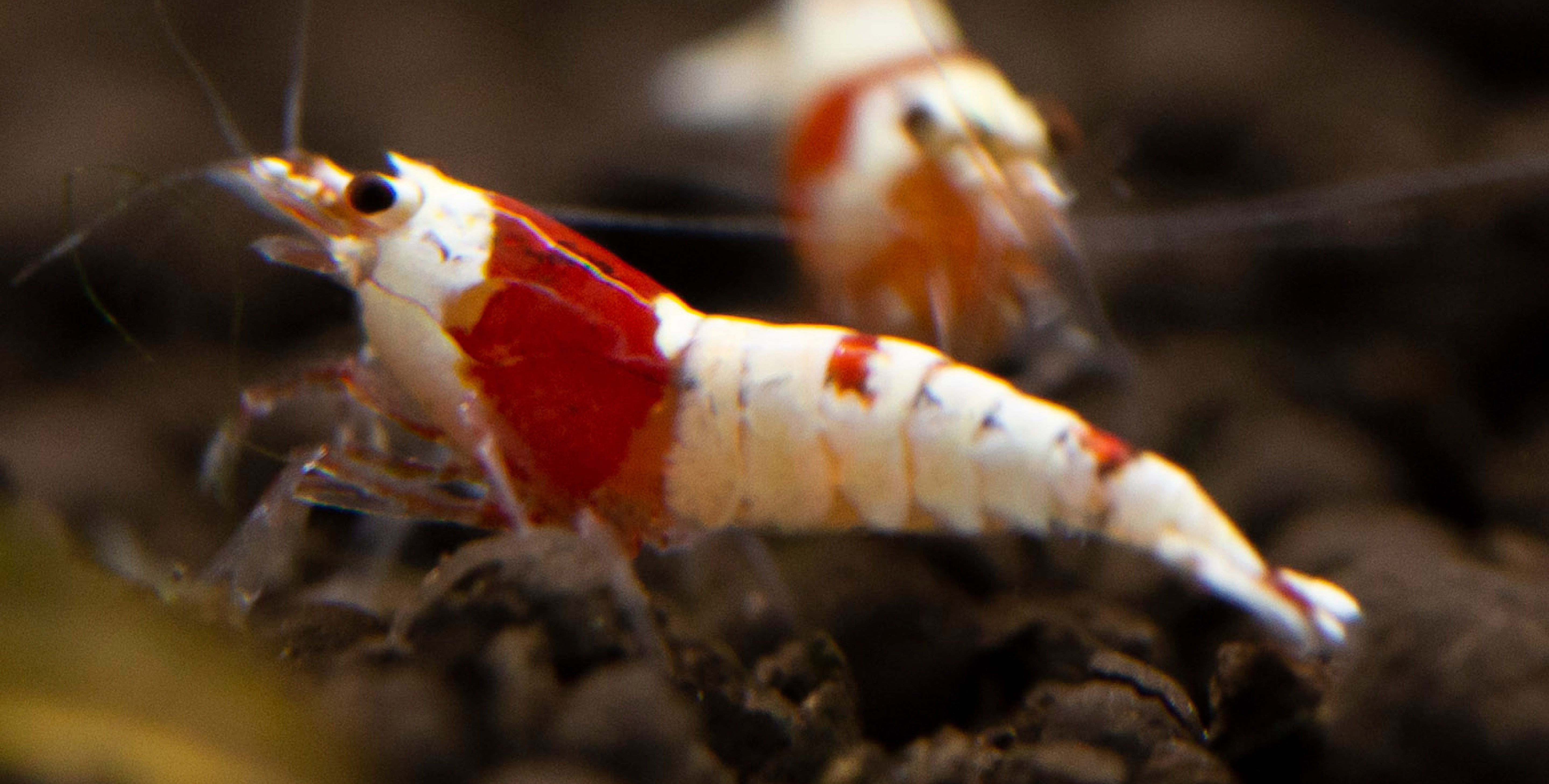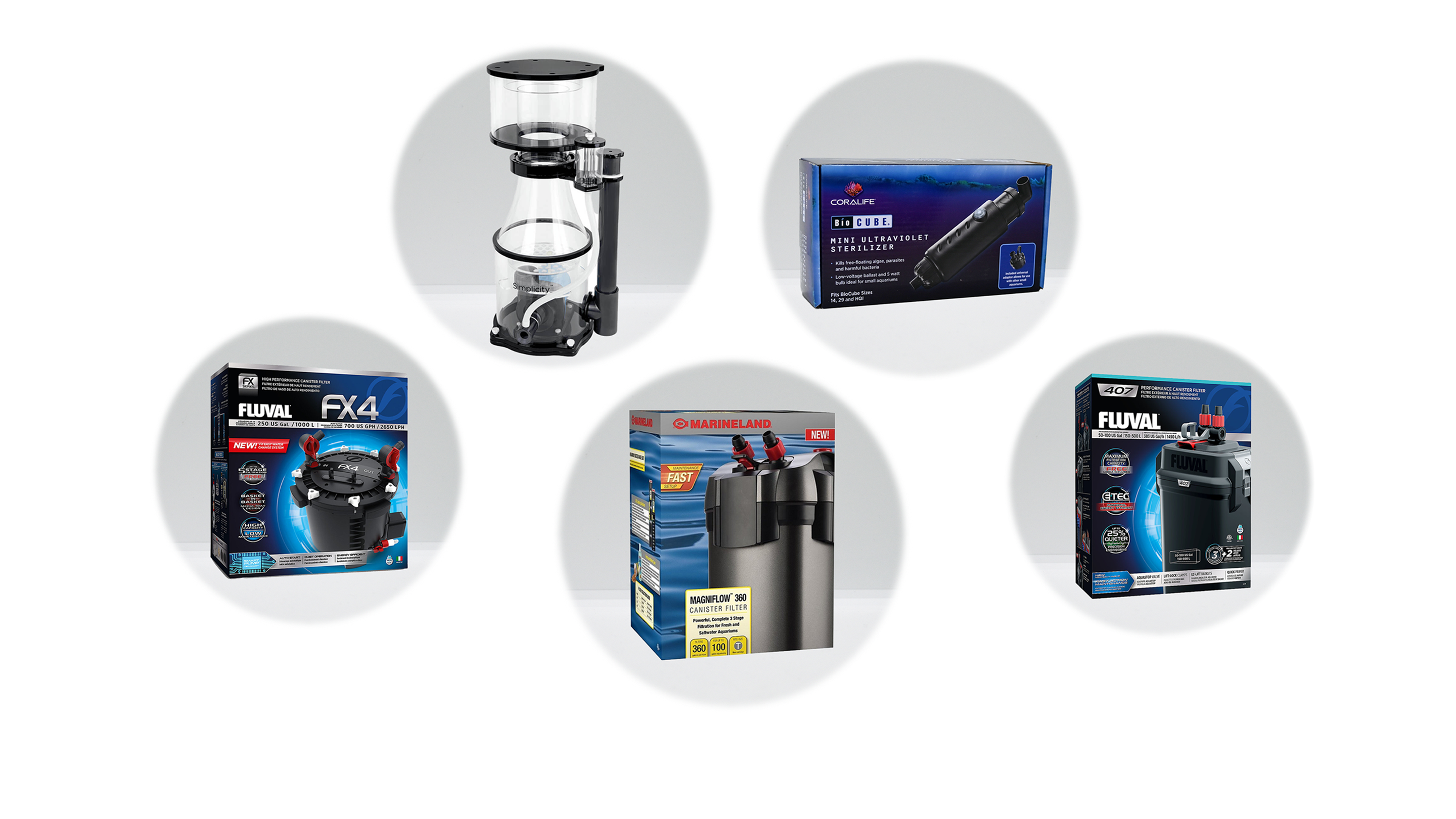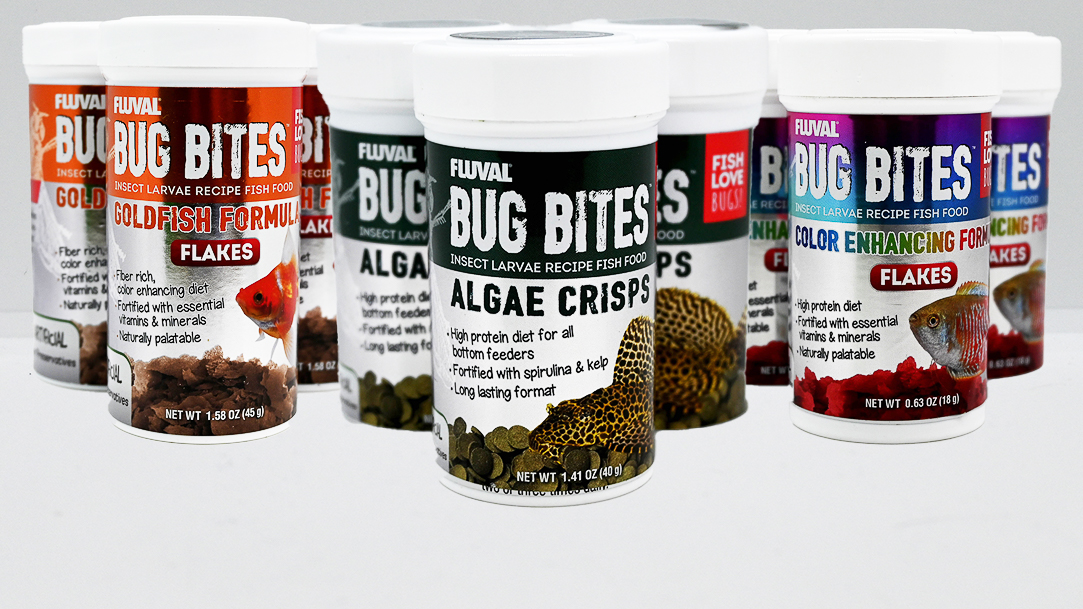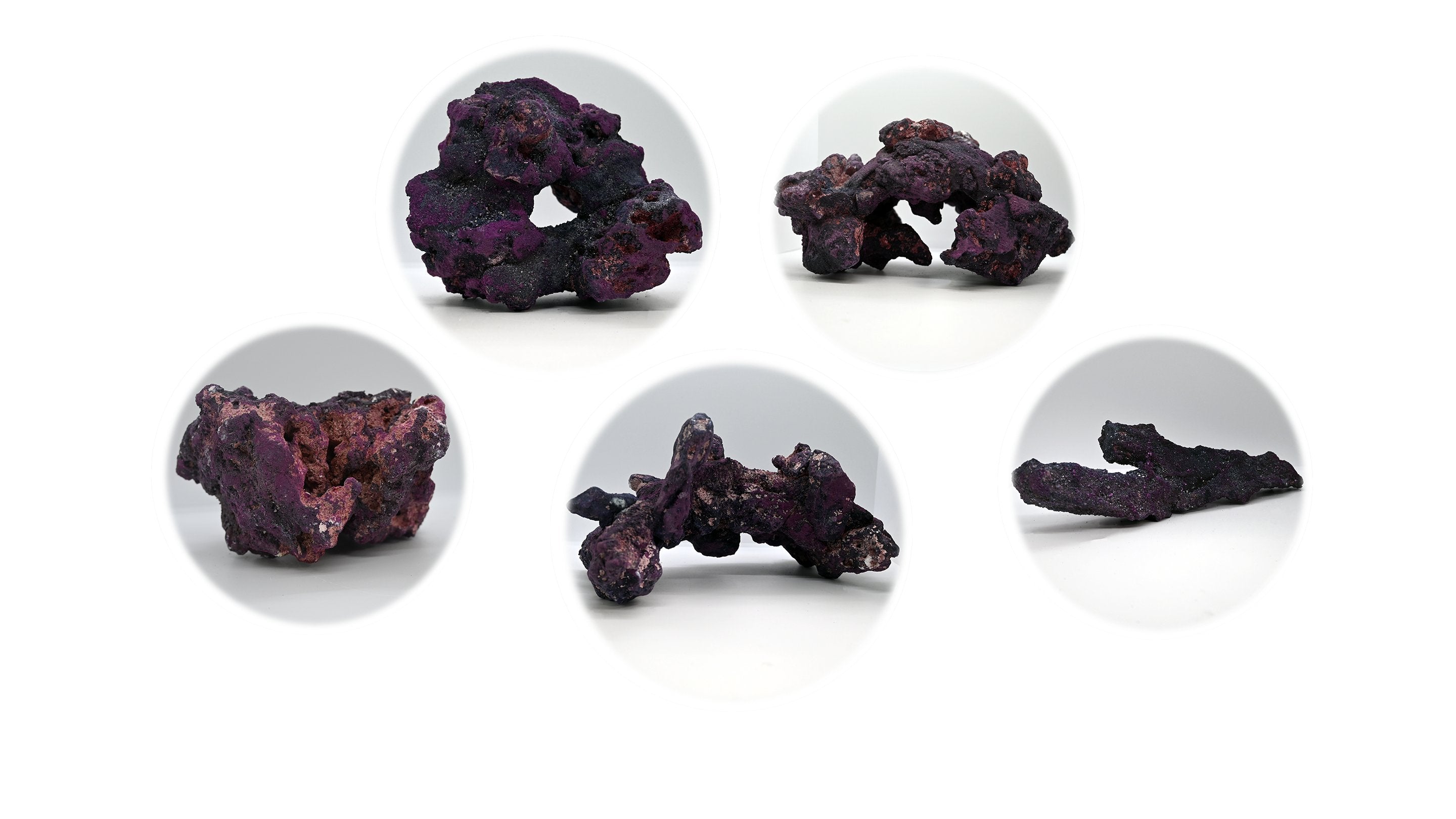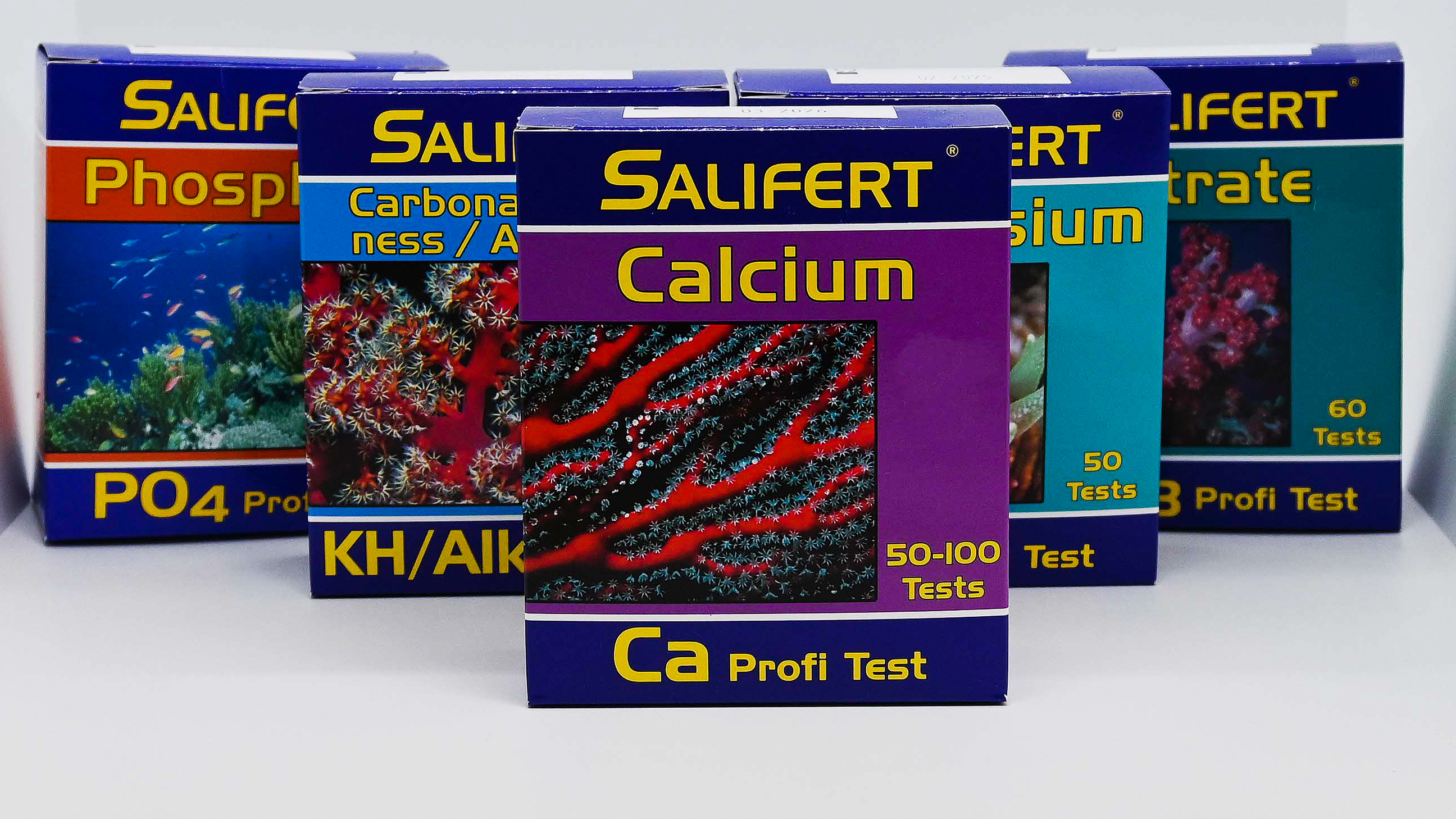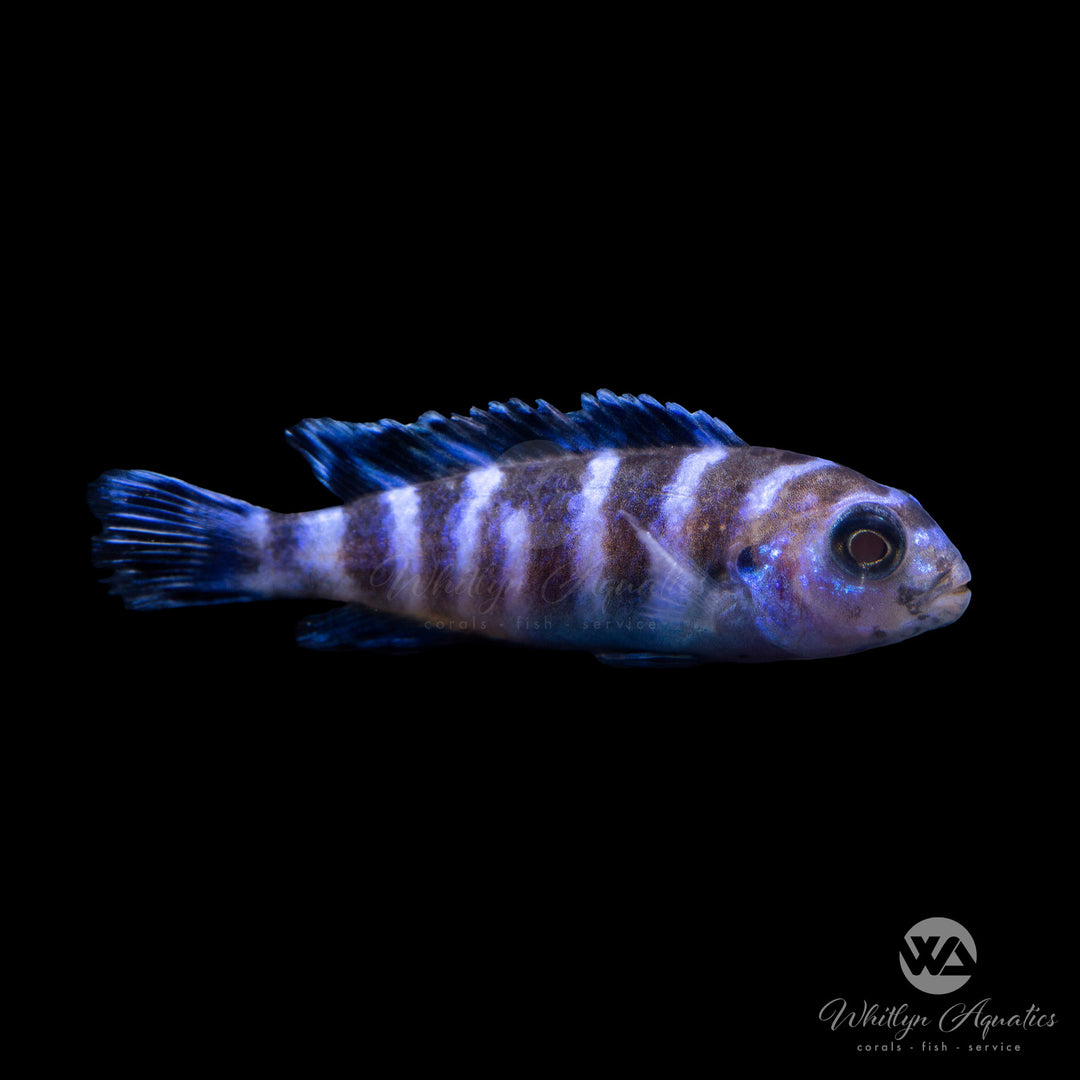
Demasoni Mbuna Cichlid - Pseudotroheus demasoni
- In stock, ready to ship
- Backordered, shipping soon
Demasoni Mbuna Cichlid (Pseudotropheus demasoni)
The Demasoni Mbuna Cichlid (Pseudotropheus demasoni) is a striking and vibrant freshwater fish native to Lake Malawi in Africa. Known for its intense blue and black vertical stripes, this small but aggressive cichlid is highly sought after by aquarists who appreciate its bold appearance and dynamic behavior.
Description:
• Common Name: Demasoni Mbuna Cichlid
• Scientific Name: Pseudotropheus demasoni
• Family: Cichlidae
• Size: Up to 3 inches (8 cm)
• Color: Deep blue body with bold black vertical stripes
Native Region:
The Demasoni Mbuna Cichlid is endemic to the rocky shorelines of Lake Malawi, particularly around the Pomba Rocks area. This habitat features clear, alkaline waters with abundant rocky crevices.
Aquarium Setup:
• Tank Size: Minimum of 30 gallons (114 liters) for a small group, though larger tanks are preferred due to their territorial nature
• Water Parameters:
• Temperature: 76-82°F (24-28°C)
• pH: 7.8-8.6
• Hardness: Hard water (10-20 dGH)
• Substrate: Fine sand or crushed coral to help maintain high pH and hardness; rocky structures with plenty of caves and hiding spots
• Diet: Herbivorous; feed a diet rich in vegetable matter, such as spirulina flakes, algae wafers, and blanched vegetables. Avoid high-protein foods to prevent health issues.
Care Level:
• Difficulty: Moderate
• Temperament: Highly aggressive and territorial, especially toward its own species; best kept in larger groups to disperse aggression
• Lifespan: 5-8 years
• Breeding: Mouthbrooder; breeding is possible in captivity, but care must be taken due to the aggressive nature of the species
Additional Tips:
• Tank Mates: Best kept with other Mbuna cichlids of similar size and temperament. Avoid housing with overly peaceful species or those that cannot handle the Demasoni’s aggression.
• Aggression Management: Keep in groups of 12 or more to help spread out aggression; more territories and hiding spots can also reduce conflicts.
• Water Quality: Maintain excellent water quality with regular water changes and strong filtration to replicate their natural environment.


